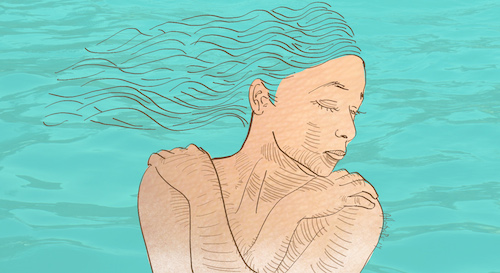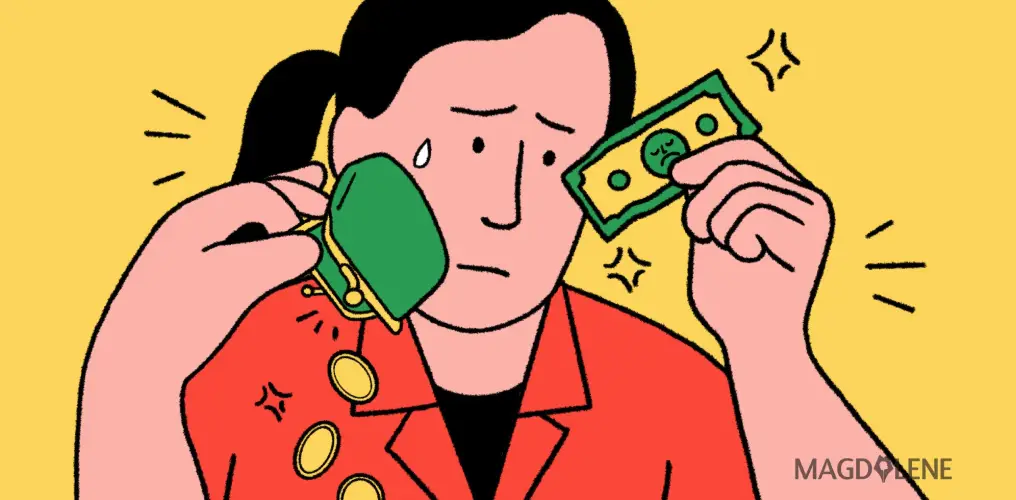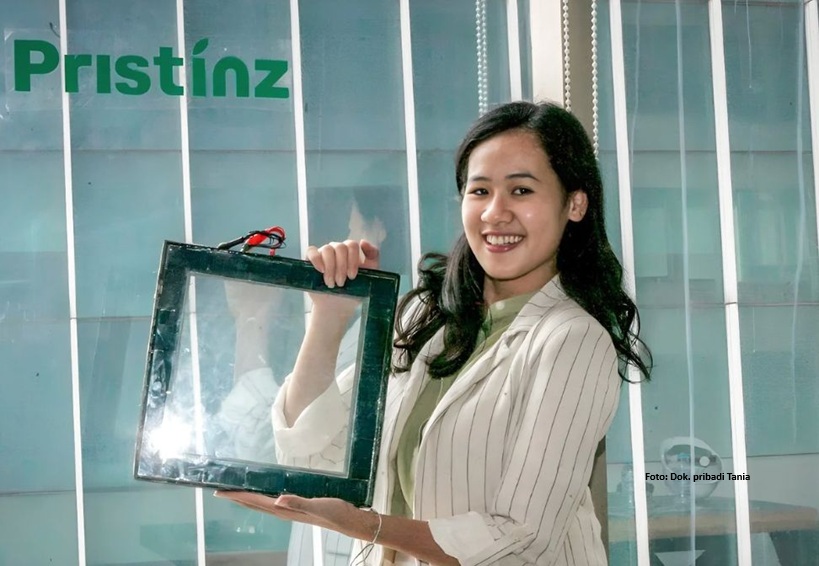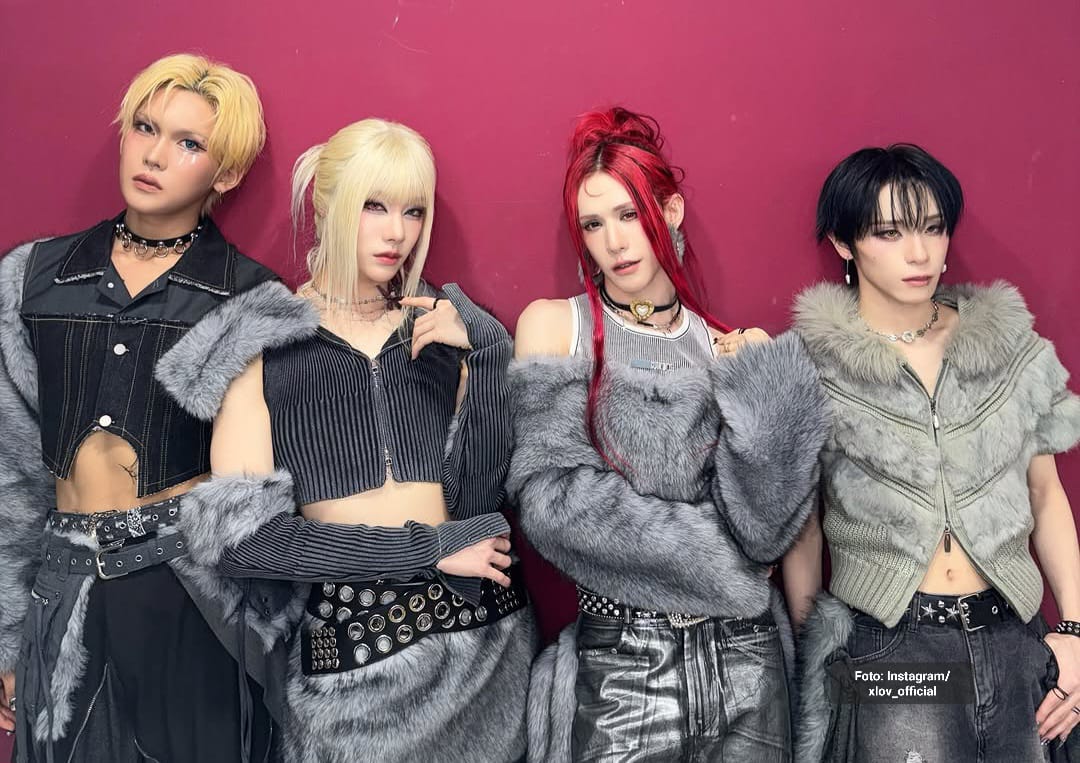Asian Women and Unrealistic Body Image

I used to teach English and Australian culture for Year 10 and 11 students intending to finish their high school in Australia. I enthusiastically told them about Australians’ love for the beach, outdoor BBQ, and picnic in the park – just don’t forget to apply sun screen and drink enough water.
After class I walked with the students passing a sunny courtyard and, to my dismay, a girl wiggled to stay under the shade and complained loudly that she didn’t want to get sunray as it would “turn her black”. I reminded her that Australia is a sunny place, but she insisted that she would avoid sun as much as possible as she didn’t want to have dark skin. Dark skin doesn’t look good on Asian girls. I told her that Grace Park and Tara Basro looked great, but she said she never heard of them.
The awful thing about this conversation is that there was a Papuan girl in the group as we were talking. At first I was also puzzled as the girl, who happens to be Chinese, hung out with dark-skinned Javanese guys, but soon I got the point. Tanned guys are fine, tanned girls are not.
Indeed many Asian women in Australia dislike sunray, and not because it’s dizzying and could increase the risk of cancer, but because it could darken their skin. In the reality show Bondi Rescue, now and then the lifeguards approach Asian women (usually Korean or Chinese international students or tourists) who wear long summer dresses, big hats, and big sunglasses dipping their toes on the water. If they want to play on the shore, they are advised to wear swimsuit, as the long dress and big accessories can be dangerous in case they fall into the water.
The women want to experience the beach and the surfs (as well taking selfies and groupfies) but not to swim. The long dresses and the big accessories are worn so they can return from the beach without getting too tanned.
The easiest explanation on why Asian people – from Japan to India – value fair skinned women is to do with social status. Peasant women spent the whole day farming, while aristocratic women spent their days at the palace and had enough time to look after themselves.
Of course this happened throughout the world, but in modern times this distinction persists in Asia. Modern Korean beauty products take pride in the lore that Koreans have mastered the science of skin whitening and smoothening for millennia.
Besides skin tone, weight and body shape can be another problematic factor in Asian societies. Westerners recently mocked the A4 challenge, an online trend that started in China where women demonstrate their slim figures by comparing their waists to the width of an A4 paper (21cm). The trend spread to other Chinese-speaking parts of Asia-Pacific. What saddens me is that this is just the latest trend after the “belly button challenge” and the “collarbone challenge” that would continue because the women proud of the challenge and the women making fun of the trends won’t talk to each other.
I am a male with pale skin tone and big eyelids. A friend said had I been a woman, I would have been so cute and attractive (I hardly ever heard women say I am cute and attractive), since many Chinese women worry about their skin tone and small eyelids.
Once I applied sunscreen before swimming and my friends quipped that since I’m white, I didn’t need it (really, nobody worried about skin cancer or even sunburns). While I don’t think I need the whitening feature of several body wash and face wash products, I can see the appeal of these products for both men and women. Everyone has the right to aspire to have whiter teeth, lighter skin tone, and shinier hair.
On the other hand, I can see how several advertisements on skin whitening degrade women with paler skin. There are even several “pan-Asian” advertisements made in India or Thailand shown in our free-to-air channels, and ads made in Singapore or Malaysia shown in our pay TVs. Wherever the ads were made and for whatever market, the message is the same: a person with lighter skin color is always more confident, more popular, and more successful.
But I am happy that awareness of body image is more alive now among middle class Indonesians. When I shared this article on “Ideal Beauty” on Facebook, I did not expect some Chinese friends to like the article, and even make positive comments about the article in relations to their experiences. They acknowledged that there are problems with beauty standards in their professional and social circles. This is good news, as I have grown tired with my problematic fave – Korean girl band members who keep making jokes about people with darker skin tone.
Everything should come down to choice. Hijab or bangs, blonde hair or jet-black hair, light make up or all-out, weightlifting or weight gains. I understand it is tiring having to put up with your family members, social circles, or even strangers questioning and commenting on your figure, your skin tone, and your choice of wardrobe.
During a particularly awful social night, I stayed silent when a woman with darker skin tone was made fun of by a guy and other women laughed. Perhaps another chance I would have spoken out and stood up for her, while trying to be calm and witty. But that night when I came home feeling awful about letting that horrible comment gone uncriticized, I realized it must have been harder for her.
I am a terrible debater, but it is not about winning or losing. It is about spreading consciousness and awareness, which are both urgently needed by Asian communities. As it is not clear if staying quiet or speaking out makes any difference for my real life social standing, speaking out might be the better option.
Read Mario’s column on ongoing culture war in Indonesia and follow @mariorustan on Twitter.






















